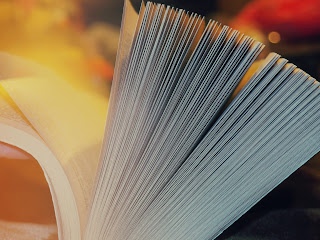In Karnataka in 2009, seeing the improper implementation of the Act in the last 20 years, the government planned to appoint Devadasi Dedication Prohibition Officers (DDPO) who will be public servants with powers of a police officer.
The government included NGOs, officers of the gram panchayats, municipalities, and public-sector undertakings to assist the DDPOs. The DDPOs would prevent dedication of devadasis, and collect evidence for the effective prosecution of the accused.They conduct programmes to sensitize people and bring awareness.
Financial
Assistance for remarriage of Devadasis (Dept. of Women and Child, Karnataka):
Assistance of Rs.10,000 will be given to a couple where the bride is a
devadasi. The devadasi woman should be in the age group of 18 to 35 years and
must be a domicile in Karnataka for more than 2 years. The suitor should be
above 21 years of age at the time of submitting the application.
He should have a permanent source of income of not less than Rs.500/- per
month. Other kinds of schemes and assistance for rescue, care, rehabilitation
and welfare of Devadasis have also been declared.
In Andhra Pradesh for year 2015-16 the SC Co-operative Finanace Corporation
declared financial assistance through District SC Society. As per the provision
of the Act, each of the Jogins/ Basavis/ Devadasi/ Mathamma etc., identified
and released is to be provided with Rs.10,000/- (rehabilitation grant) as a
grant from Social Welfare Department as per provisions of the Act, and the same
will be released to DSCSCS Ltd. (District Scheduled Caste Service Cooperative
Society Ltd.) ., through APSCCFC Ltd. (Andhra Pradesh Scheduled Castes Cooperative
Finance Corporation Ltd.) , irrespective of the Caste. For SCs, besides this
there would be provision for a sustainable income generating asset in the form
of subsidy and bank loan etc. The STs and OBCs would be taken care of by their
respective corporations.
In both states there are schemes for pension, housing, micro credit etc. They
are also being assisted through schemes for informal education, vocational
training, DWACRA ( Development of Women and Children in Rural Areas) schemes,
Self-Help Groups etc.












